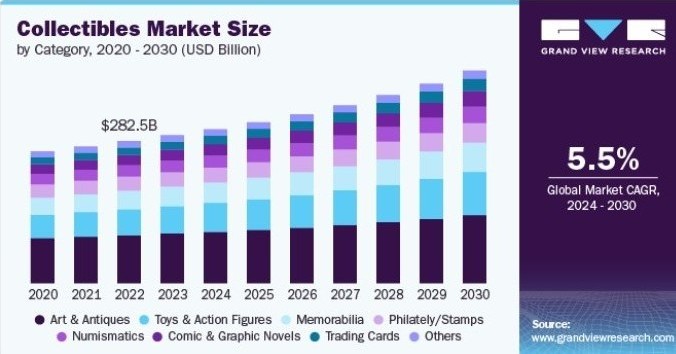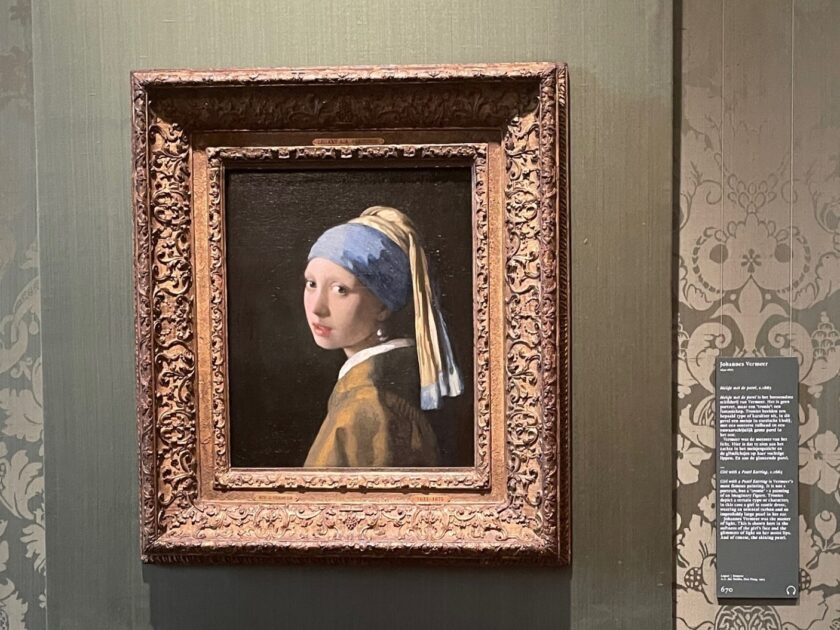Gold, real estate, a business, a baseball card collection or that rare family heirloom, which reminds me of the Frasier episode (Cheers spin-off – classic old school comedy).
Alternative investments offer diversification to the classic stocks and bonds portfolio. There are assets within this class that are literally available to almost anyone at some point in their life and some that are out of reach for most. The assets are highly illiquid and often volatile in value. It’s also an asset class that reveals a lot about one’s personality.
Peer-to-Peer Lending or Private Lending
Several years ago, my husband set-up an account with Lending Club, one of the original peer-to-peer lenders via their app. Our initial investment was only $2,500. We did make sizable returns at the onset, but it wasn’t sustainable. The account was eventually transitioned into a high-yield savings account. We started liquidating the account once we were notified of this change. We’re still getting small, residual amounts.
An interesting concept that was popular early on but has lost favor. It’s still available as an alternative investment via Yieldstreet, Prosper and others.
You can also informally, privately lend money to others which I have done (family, friends, etc.). There are risks to this but knowing your borrower and formalizing the rate, payment period and monthly amount in an amortization schedule with automated payments will ensure a better outcome.
Real Estate
Investing in real estate beyond your primary residence is a great asset class for the right people who know and understand what they are getting into and what is required. It is a terrible asset class for those like myself who don’t want the hassle of being a landlord or having what turns into a full-time job when multiple properties are involved.
My parents were landlords for many years but the property was their former house blocks from where they lived. I offered to buy the condo my Mom currently resides in because she’s a great tenant but the landlord didn’t want to sell. It’s the closest I’ve come to considering investing in additional real estate.
While some argue that your primary residence is never an investment and in some residential neighborhoods and circumstances it isn’t. I will respectfully counter in that some instances it is. Here’s when it is an investment.
-
- There is upscaling potential.
Our first house had massive upscaling potential since it was built in 1844, wasn’t on the list of historical homes and hadn’t been updated since the 1970’s. In addition to hiring a contractor, we put our own sweat equity into it over 10 years. We would’ve liked to have recouped more of our own equity when we sold it. However, doubling your investment is a fantastic rate of return.
-
- There is high demand with low supply.
California, especially Los Angeles and other large metro areas have high demand for single family residences with a low supply. Those who bought their homes when prices were low will have an investment if they move to a lower housing cost area, which millions have done from California alone.
-
- There is a desire and means to change and improve the home and property over many years.
Some people move into a house and never change anything. It’s why many homes have upscaling potential. If you and/or your spouse have the ideas, vision and means to see the potential to improve the aspects that will bring the greatest return, your house becomes an investment, especially when the mortgage is paid off.
Business Ownership
Business ownership is any activity or enterprise entered into for profit. This is another endeavor that takes a substantial amount of sweat equity to be successful.
I learned this firsthand when I set up Cache Coach as an LLC and initially intended to profit from it. I was seeking greater purpose after having left corporate life but the independence that I was also seeking kept getting in the way. After several years of conflicting priorities, I let the LLC dissolve last year changing my approach. The purpose of helping others and solving problems remains but the need and drive to profit is not a necessity.
Collectibles
Some people have a strong sense of nostalgia and collecting items is inherent to their personality. I don’t possess this sense, but I do recognize it in those who do. I often get flack for the size of vehicle that I drive. However, we are in that stage of life of having family heirlooms passed on to our generation. I have transported a family rocking chair, a desk, a large piece of art replicating David (Michelangelo), a rare butterfly collection encasement and boxes and boxes to be sorted through. This will go on for years.
It’s good to see that the collectibles market is projected for growth.

Collectibles Market Size, Share And Trends Report, 2030
Investing In The $500 Billion Collectibles Market: How To Get Started | Bankrate
Private Equity
The ability to invest via private equity is a relatively new avenue and at one time required at least $25 million. Now there are some public equity firms allowing a minimum of $250,000 with a few even at $25,000.
It’s also accessible via Crowdfunding, Yieldstreet and a Private Equity ETF.
Commodities
A basic good or raw material that can be bought and sold. It can also be services or a general category of products – gold, silver, crude oil, wheat, corn, gas, electric.
Here’s a good comparison of investing in gold vs. the stock market. Should you buy gold? Here’s what Warren Buffett would say
Derivatives
A financial security with a value that is reliant upon, or derived from, an underlying asset or group of assets i.e. stocks, bonds, commodities, currencies, interest rates. Understanding Derivatives: A Comprehensive Guide to Their Uses and Benefits
Hedge Funds
An investment fund that is private and largely unregulated. Hedge Funds: Higher Returns or Just High Fees?
While alternative investments are unconventional and uncertain, you never know when the obscure one becomes the “cha-ching” you weren’t expecting.
Featured Image – Girl with a Pearl Earring, Johannes Vermeer, The Mauritshuis, The Hague, Netherlands (est. $55M) – my family name is Vermeer – Photographer Cary Wauters

